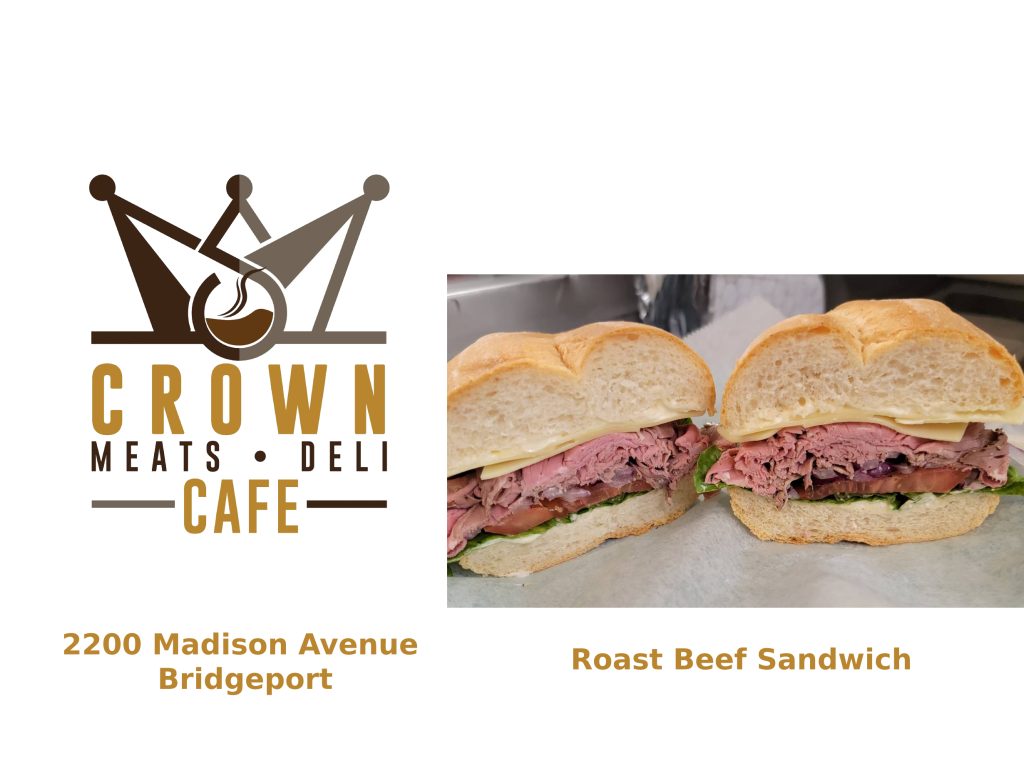(Hartford, CT) – Attorney General William Tong urged consumers to be wary of potentially deceptive door hangers asking residents to provide water samples for testing. These door hangers are not affiliated with any government public health authority or any official water quality warning or advisory.
The Office of the Attorney General has received complaints regarding plastic bags left on consumers’ front doorknobs (known as “door hangers”) at homes in Colchester, Farmington and Hartford. The door hangers contain a survey card with the heading “Connecticut Safe Water” and a telephone number, together with a plastic vial. The card requests consumers to complete a survey and fill the vial with a sample of their home’s tap water for testing. The door hangers do not identify the nature of the solicitor’s business and have caused confusion among consumers. The Office of the Attorney General has written to the company responsible for leaving the door hangers to request further information to address concerns that the solicitations may be deceptive.
“Door hanger solicitations may be lawful, but it’s never okay to deceive or confuse consumers. These door hangers are not affiliated with any government agency, and there is absolutely no requirement to provide a water sample. If you have been misled or harmed by these hangers, I want to know,” said Attorney General Tong.
This issue was brought to the attention of the Office of the Attorney General by the AARP. “AARP CT Fraud Watch Network Volunteers received suspicious solicitations at their homes and reported it up the chain to the AARP state office. Our work with the Coalition for Elder Justice in CT (CEJC) allowed for effective reporting to the Office of the Attorney General and the CT Department of Consumer Protection, resulting in quick action by both agencies. This action helps to prevent misleading advertising and consumers needlessly sharing personal data with potentially deceptive companies. This kind of collaboration is what makes our work in Connecticut successful and proves that if you can spot a scam, you can stop a scam,” said Nora Duncan, AARP CT State Director.
“Businesses should be clear about the services they provide and whether their goal is ultimately to sell you a product,” said DCP Commissioner Michelle Seagull. “Consumers should be cautious of door-to-door solicitations, and always do their own independent research before providing information or purchasing a product based on door-to-door solicitations.”
Are door hangers legal in CT?
While there are laws that regulate solicitors who sell consumer goods and services door-to-door, there is no law prohibiting solicitors from leaving door hangers. This is true even though the presence of door hangers on a doorknob for a long period of time may signal that the consumer is out of town. Most municipalities in Connecticut require door-to-door solicitors to obtain a permit before engaging in door-to-door sales.
Door-to-door solicitors in Connecticut are required to comply with the Home Solicitation Sales Act (the “Act”), which applies to transactions involving consumer goods and services that occur anywhere other than the seller’s own place of business. The Act gives consumers the right to cancel a home solicitation sale until midnight of the third business day following the transaction.
The Act also requires home solicitation sales agreements to be signed and dated by the buyer. The contracts must state a buyer’s cancellation rights and be written in the same language used during the oral presentation. A separate “Notice of Cancellation” must accompany them. The notice must state a buyer’s rights, the transaction date, and the last possible day to cancel.
The Home Solicitation Sales Act also prohibits sellers from engaging in certain deceptive practices. For example, sellers may not include provisions in contracts that waive a consumer’s rights or misrepresent a buyer’s right to cancel.
Businesses operating in the state are required to register with the Connecticut Secretary of State’s Office. Consumers can access registration information through the Secretary of State’s website at https://portal.ct.gov/sotsConnecticut consumers who believe they have been harmed by a company’s practices should file a complaint with the Office of the Attorney General here: https://www.dir.ct.gov/ag/complaint/ or with the Department of Consumer Protection here: https://portal.ct.gov/DCP/Complaint-Center/Consumers—Complaint-Center.
This press release was made possible by:


